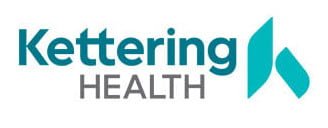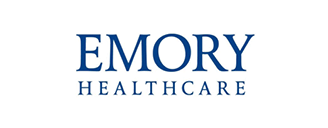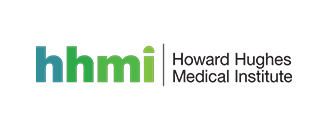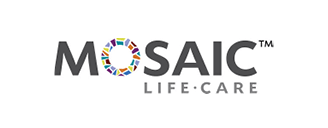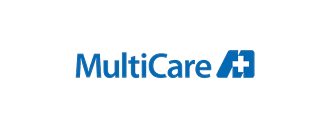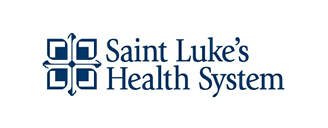Introduction
The prevalence of AI in the healthcare supply chain is behind that of other industries. Despite the value it can unlock, many healthcare organizations simply lack the technological infrastructure to successfully implement AI.
Another complicating factor is security. The healthcare supply chain is particularly vulnerable to cyberattacks that threaten critical processes that enable patient care. As such, many supply chain leaders are hesitant to entrust their operations to AI.
Despite these concerns, many sources indicate that the benefits AI technology far outweigh any risks involved. In fact, AI can help reduce supply chain risks, promote better patient care, and significantly reduce the cost of operations.
In this week’s article, we discuss the current state of AI in the healthcare supply chain. This includes the rate of AI adoption and various use cases for it. Next, we evaluate the security concerns brought on by AI, and explore evidence that addresses concerns.
The state of AI in the healthcare supply chain
Compared to other industries, AI adoption and utilization in the healthcare supply chain remains low. In reality, there’s a striking absence of digitalization in the healthcare supply chain in general, where much of the industry still relies on manual, pencil-and-paper processes.
As one author put it, “the healthcare supply chain is enormously wasteful, inefficient, and outdated.” And without a technological foundation to bridge the gap, implementing AI in the healthcare supply chain is only complicated further.
More recently, however, the healthcare industry has accelerated its adoption of AI to streamline operations. This includes moving beyond a “set it and forget it” culture and truly integrating AI into day-to-day logistics operations.
To illustrate, according to a survey by Economist Impact, health organizations are using AI to address key challenges in the supply chain. These include reducing supply chain disruptions, forecasting consumer demands, and reducing the overall cost of operations.

The survey found that 44 percent of healthcare organizations are using AI to improve the customer experience. 35 percent are using AI to forecast consumer demands, and 32 percent said AI helped reduce supply chain disruptions.
While not yet a majority, a significant number of healthcare organizations are now using AI in their supply chain processes. And contrary to the narrative that AI just creates more problems, it has successfully mitigated disruption risks, reduced costs, and improved the patient experience.
AI and supply chain cybersecurity
Some health organizations may have concerns about the security of AI solutions for the healthcare supply chain. With several notable healthcare cyberattacks in recent months, these concerns are especially heightened.
While cyber threats are on the rise, a majority of them do not result simply from implementing technology. Rather, cybercriminals often depend on the people that use these technology platforms to gain access to them.
For example, the most common and most successful method that cybercriminals employ is email phishing. This occurs when cybercriminals send emails to employees under false pretenses in attempts to trick them to reveal sensitive information.
In cases such as these, AI can even be a tool to combat against cyberattacks. For example, a recent survey found that many healthcare supply chain companies are using AI to protect the supply chain. 46 percent of healthcare supply chain companies said they currently use AI to monitor for supply chain disruptions, including cyber threats.
The ability to constantly monitor and detect potential threats using AI can also help supply chain teams find and address security issues much more efficiently. Consider that healthcare data breaches last 231 days on average until they’re discovered. With AI, these breaches can be detected instantly and, in many cases, before the attack occurs.
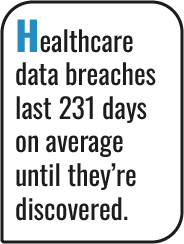
While digitalization in the healthcare supply chain is inevitable, cybersecurity breaches don’t have to be. Likewise, rather than being an additional threat, AI can be a valuable layer of security that guards against these threats.
Conclusion
Adoption of AI in the healthcare supply chain is steadily climbing as the industry recognizes its various benefits. These include greater efficiencies, improved customer experience, and reduced operational costs. With the proper digital foundation, supply chain teams can maximize the value of AI to its full potential.
Despite cybersecurity concerns, the evidence suggests that the benefits of AI adoption currently outweigh the risks involved. With the capacity to rapidly monitor and detect potential threats, AI can be a tool to strengthen cybersecurity in addition to supply chain operations.
About VPL
We modernize clinical supply chains to support healthier patients. Our technology-driven solutions and consultative customer experience empower health systems and outpatient pharmacies to build smarter, more resilient supply chains. With over 700 hospitals and a 97 percent customer retention rate, we’re trusted to deliver transparency, cost savings, and peace of mind.
